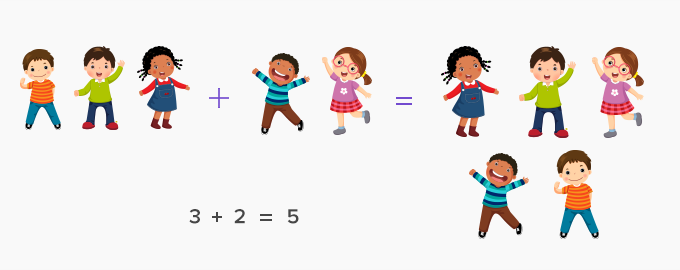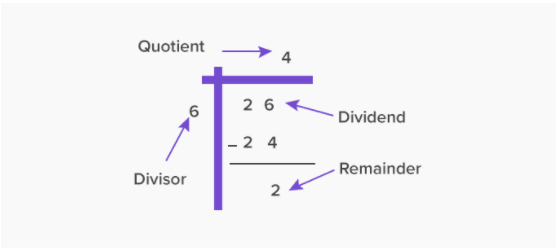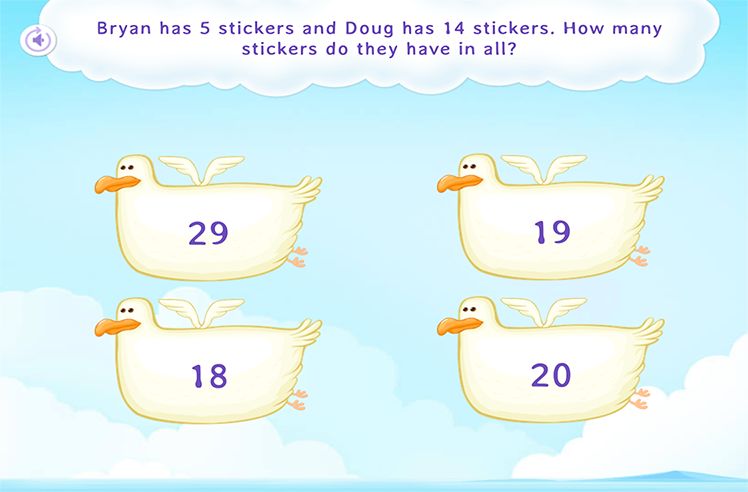What Is Arithmetic?
Arithmetic Definition: Arithmetic is the fundamental branch of mathematics that studies numbers, their properties, relationships, and the basic operations performed on them. It also covers advanced concepts like fractions, decimals, and percentages, focusing on the properties and manipulations of numbers.
Recommended Games
What Are Arithmetic Operations?
Arithmetic operations are the basic mathematical operations that form the foundation of arithmetic. The basic arithmetic operations are addition, subtraction, multiplication, and division.
Arithmetic operations are an integral part of our everyday activities. The given symbols are used to denote these operations.
- Addition (+)
- Subtraction (-)
- Multiplication (×)
- Division (÷)

Addition:
- The addition is the process of taking two or more numbers and adding them together. In other words, it is the sum of all the numbers.
- The addition of whole numbers results in a number greater than the added numbers.
Example: If 3 kids were playing and 2 more kids joined them after some time, find the total number of kids.

This can be written as a mathematical expression as follows:
3 + 2 = 5
Thus, the total number of kids = 5
Subtraction:
- Subtraction is the process of removing or “taking away” objects from the original group.
- In subtraction, the numerical value of the original number or the initial number reduces.
Example: If there are 8 birds on a tree and 2 birds fly away, how many birds remain on the tree?

8 – 2 = 6
Hence, there are only 6 birds left on the tree.
Multiplication:
- Multiplication is adding the same number to itself a certain number of times.
- When we multiply two numbers, the result is called a product.
Example: Robin went to the garden three times and brought 5 oranges each time. How many oranges in total did Robin bring?
Solution: Robin went to the garden 3 times. Every time, he brought 5 oranges.

This can be mathematically written as 5 × 3 = 15 oranges
Division:
- The division is breaking a large object or group into smaller parts or groups.
- The number or the larger group that gets divided is known as the dividend.
- The number that divides the dividend is known as the divisor.
- The number obtained on dividing the dividend by a divisor is called the quotient.
- The number left after dividing is called remainder.

Example: On distributing 26 strawberries among 6 children, each child gets 4 strawberries, and 2 strawberries are left.

Recommended Worksheets
Fun Facts about Arithmetic
- The word “Arithmetic” originated from Greek arithmētikē (tekhnē) which means ‘(art) of counting’, and from ‘arithmos’ which means ‘number’.
- Multiplication is repeated addition.
- Division is repeated subtraction.




































